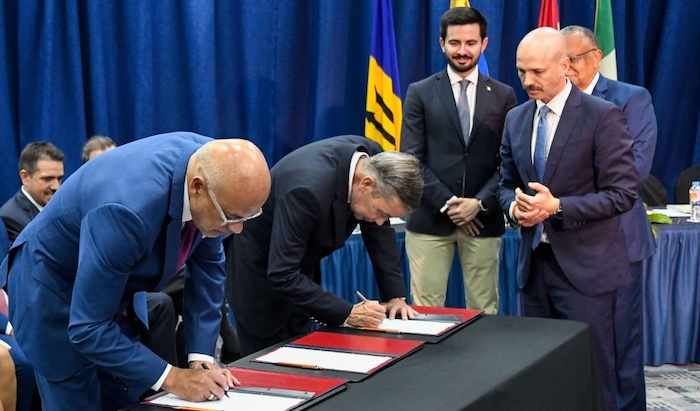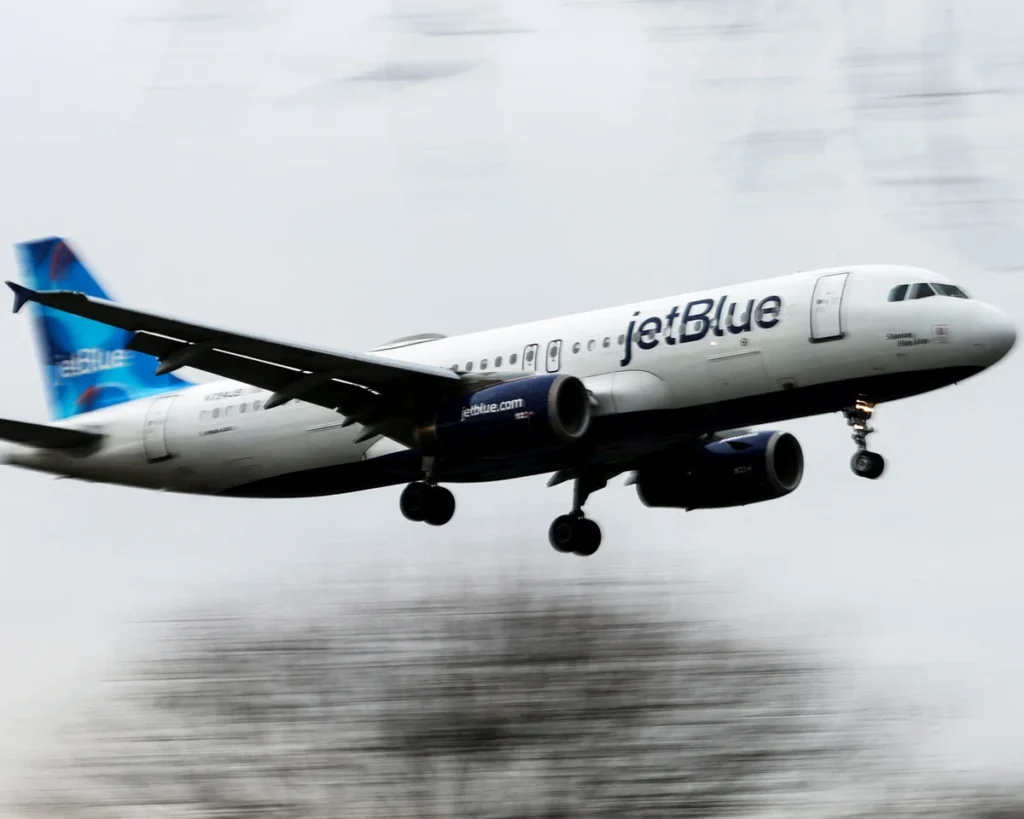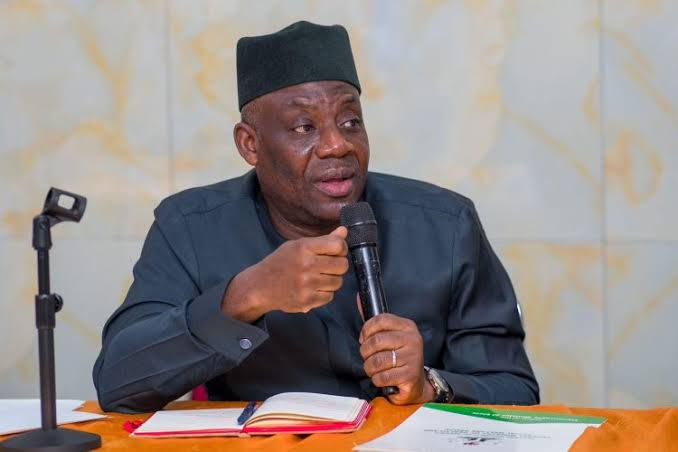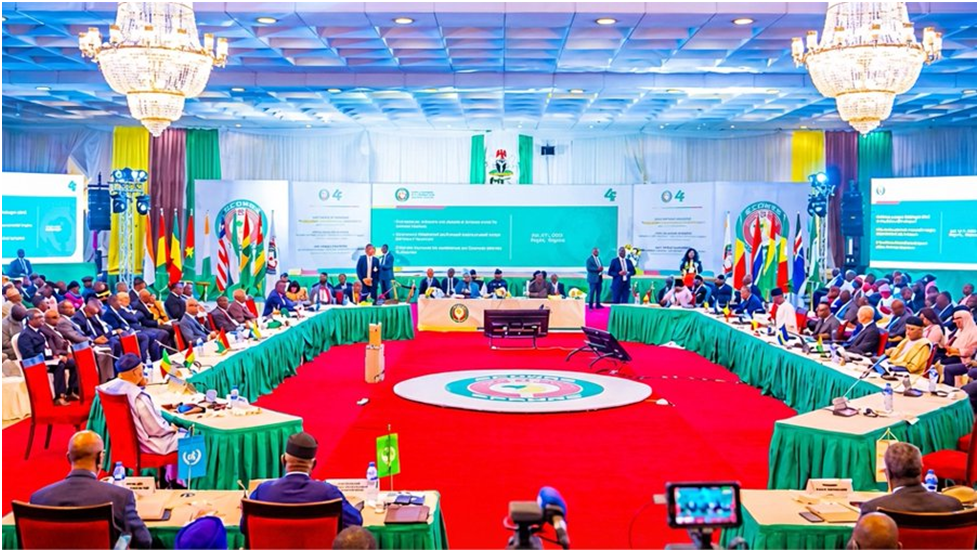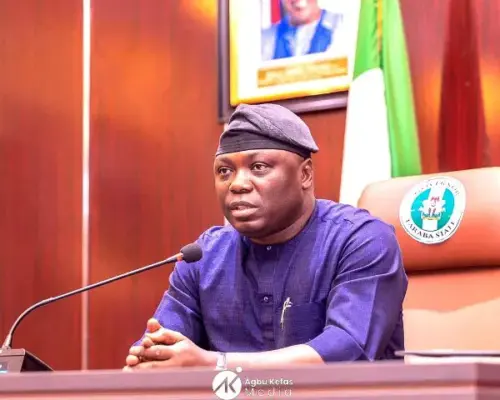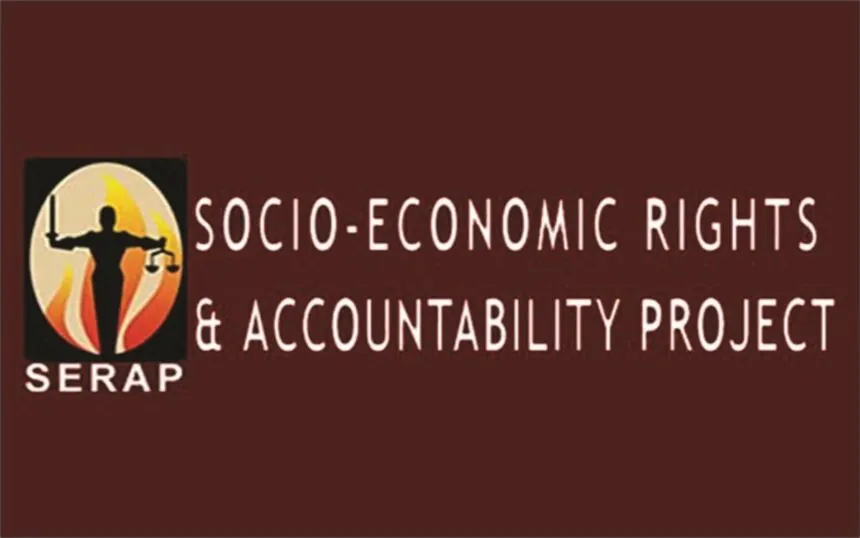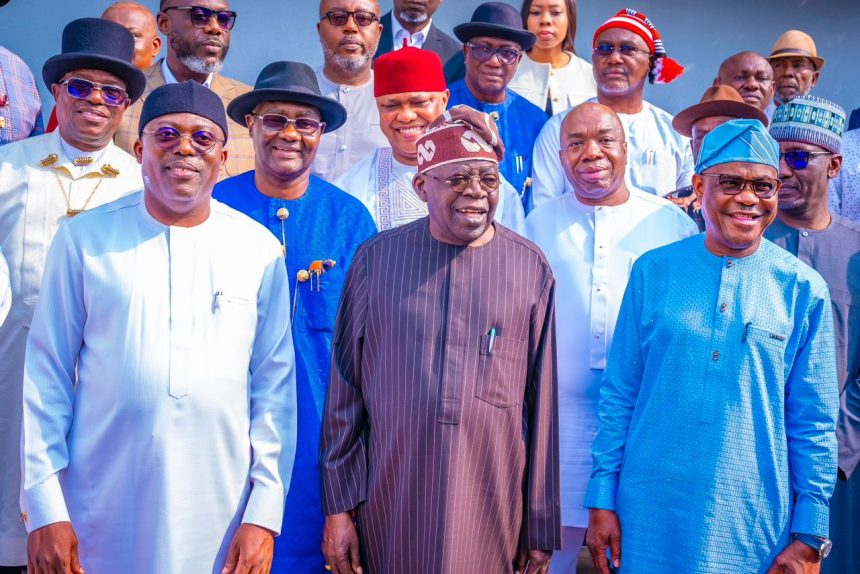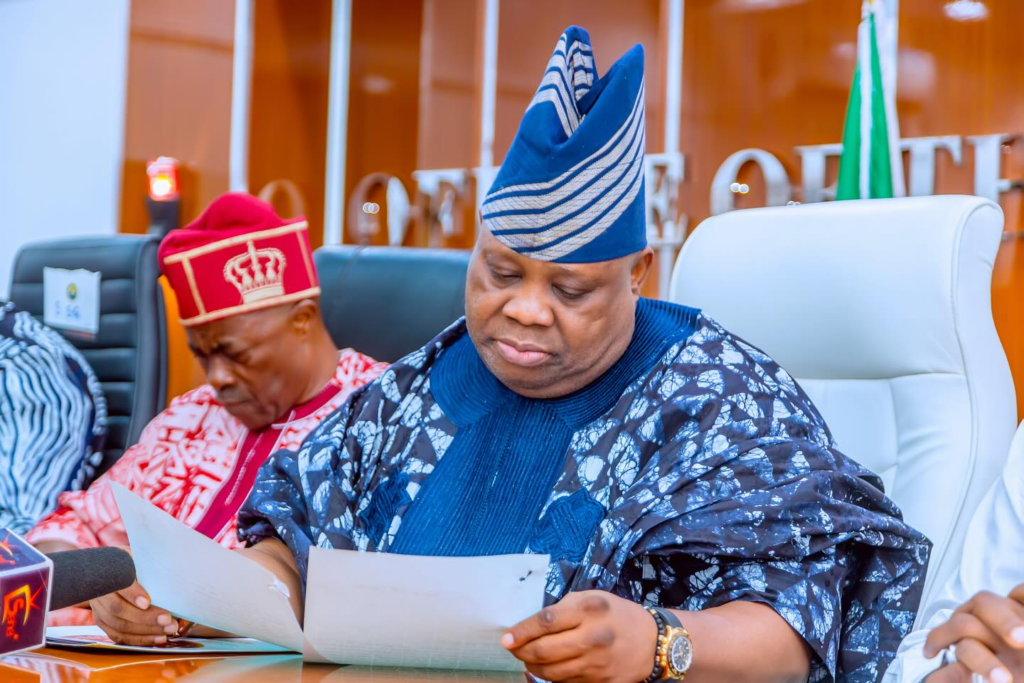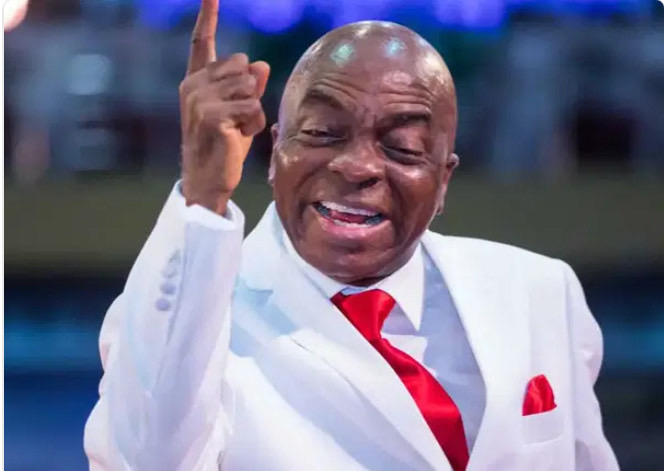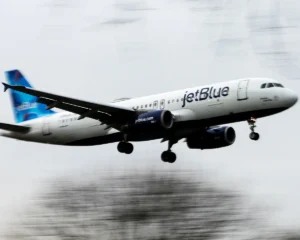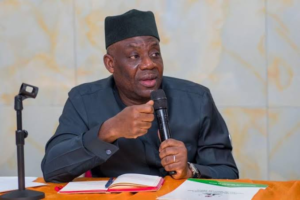Venezuelan President Nicolás Maduro announced on Saturday that his government has reached an agreement with the United States to resume repatriation flights for Venezuelan migrants, with the first flight scheduled to depart on Sunday.
In a televised address, Maduro said the agreement marks a renewed effort to bring home Venezuelans detained in the U.S., and accused other governments of mistreating migrants.
“Tomorrow, thanks to the government’s perseverance, we’ll resume flights to continue rescuing and freeing migrants from prisons in the United States,” he said.
The agreement comes in the wake of a diplomatic dispute between Washington and Caracas over recent U.S. deportation flights that sent hundreds of Venezuelan migrants to El Salvador, a move that sparked outrage in Venezuela.
Under President Donald Trump’s accelerated deportation program, many Venezuelans were rerouted to a prison facility in El Salvador—a decision Maduro sharply criticized.
“To President Nayib Bukele of El Salvador, we say: you’re responsible,” Maduro declared. “These migrants have not committed crimes in the U.S. or El Salvador. You must guarantee their safety and, sooner or later, return them home.”
The Salvadoran government has not responded publicly to the allegations.
Earlier Saturday, Jorge Rodríguez, President of Venezuela’s National Assembly, released a statement confirming the repatriation deal and vowing to bring back all detained Venezuelans.
“Migrating isn’t a crime, and we won’t rest until everyone who wants to return is back and we rescue our kidnapped brothers in El Salvador,” the statement read.
Families and legal representatives of the migrants say they have lost contact with many detainees and are demanding immediate information and safe return.
U.S. officials have claimed that the Venezuelans sent to El Salvador were affiliated with the Tren de Aragua gang, a notorious criminal network.
However, Venezuela’s interior minister has strongly denied the allegations, calling them baseless.
The Trump administration now faces a March 25 deadline to respond to a judicial request for more information on the El Salvador deportations. U.S. District Judge James Boasberg is currently reviewing whether the administration violated a court order that temporarily blocked those expulsions.
The situation adds another layer of complexity to the already fraught U.S.-Venezuela relationship, even as both sides attempt to re-establish limited cooperation on migration.

